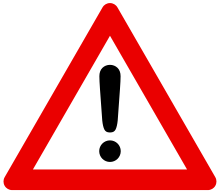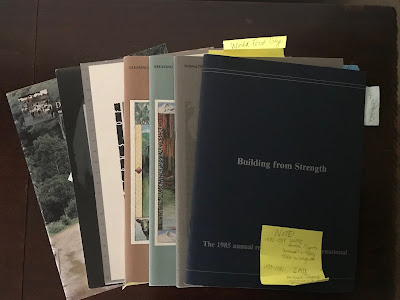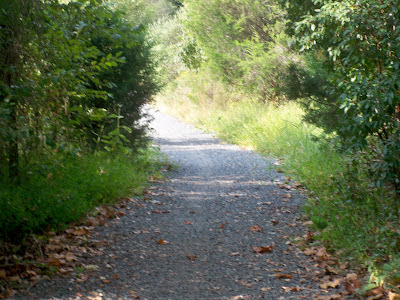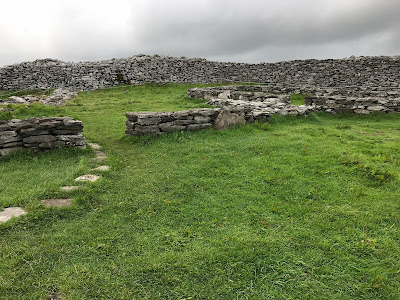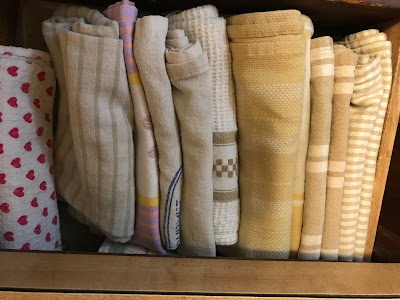Voice as Vehicle
I’ve just finished Gail Caldwell’s Bright Precious Thing, her third or fourth memoir but only the second one I’ve read. I found it while browsing at the library last week and picked it up immediately, based on how much I liked Let’s Take the Long Way Home, which is about Caldwell’s friendship with the late Caroline Knapp.
Bright Precious Thing is a slender book, and I didn’t bond with it at first. But 20 pages in I was hooked — not so much by what Caldwell was saying — the women’s movement and its effect on her life — but how she said it.
This has me thinking about voice, writerly voice, the tone and style a writer uses to communicate with her readers, and how personal it is.
Voice is the vehicle, and when it’s humming along, I don’t much care where the reader is taking me. As long as we’re together, I’m content.
(The vehicle above is a Seattle-bound Amtrak train, this coach almost empty.)




